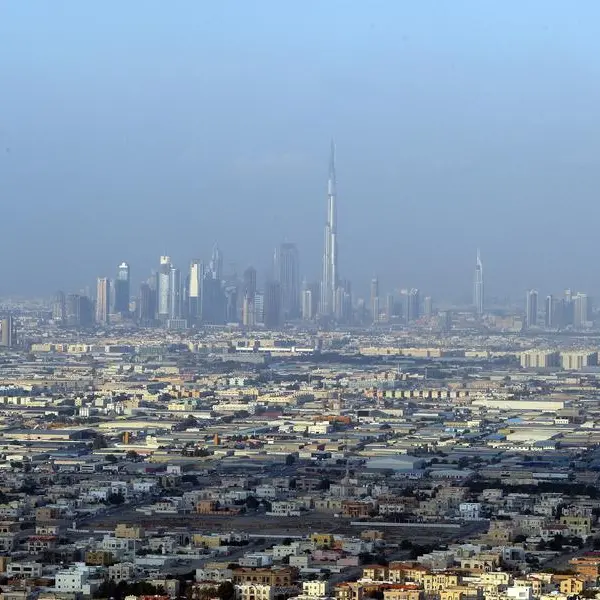One of the most eagerly anticipated developments for MENA markets took place with the opening of the Saudi stock market to direct foreign investment on June 15, amid expectations that Saudi Arabia will be upgraded to emerging market status by MSCI.
The prospect of an upgrade in 2017 may encourage more fund managers to apply for licences in coming months. MSCI has said it would seek feedback from investors before considering whether to add Saudi Arabia to the index review list.
Saudi authorities have placed restrictions to govern qualified investors wishing to invest in region's largest market -- emphasizing that the main priority is to provide market stability and improve transparency; not to attract large amounts of cash.
The first half of the year was promising for almost all MENA markets. The asset management industry was highly active, launching 30 new funds that started trading.
Most of the newly launched funds invested in equities and fixed income instruments, and are mainly focused in Saudi Arabia and Morocco. Nineteen of the funds are conventional and 11 are shariah-compliant funds.
Several countries in the region have introduced new regulations aimed at making stock markets more attractive.
Egypt approved the use of exchange-traded funds and real estate funds. The government also froze plans for a 10% tax on capital gains which had been criticized by investors.
The Qatari stock exchange plans to introduce margin trading and securities lending for institutional investors. Four new ETFs are planned in Qatar, which is in talks with index compiler FTSE on upgrading the country's status.
In the United Arab Emirates, funds are looking for new opportunities in European markets on expectations that quantitative easing will boost the confidence and risk appetite of investors.
The article is written by Rayane Abbas, Funds Analyst at Lipper.
© Zawya 2015




















